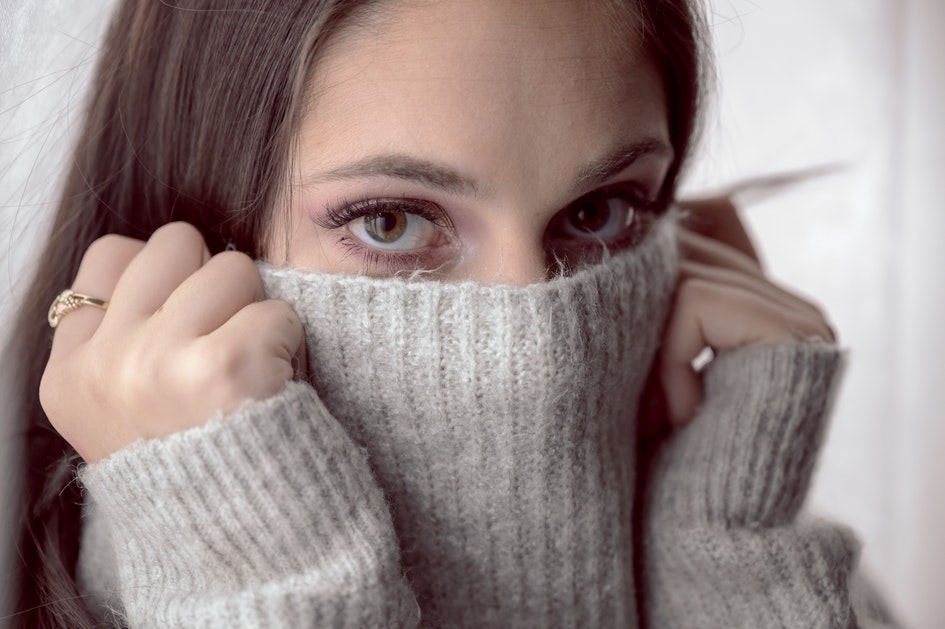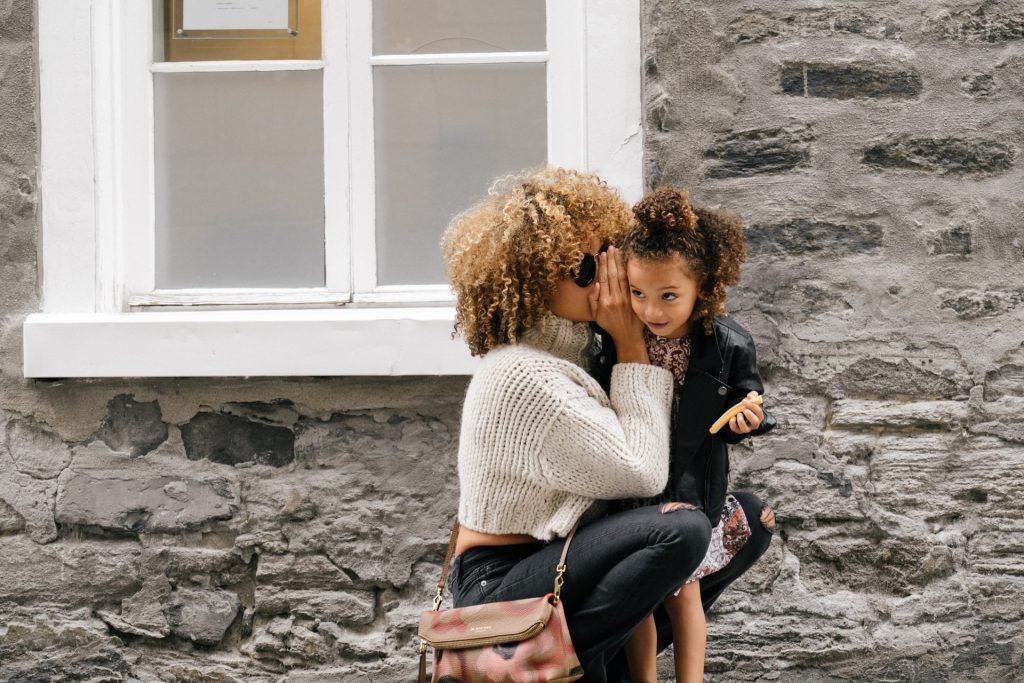
If you find yourself scared of being looked at by other people, being watched, or being stared at, then you may have scopophobia.
So what is scopophobia?
Scopophobia is defined as the morbid fear of being looked at and watched. This phobia can be different from person to person. Some people are afraid of being watched by strangers only, whereas others are affected even by friends. There are more severe cases where an individual can’t stand taking pictures or even selfies.
Scopophobia: What Causes It?
Scopophobia can be caused by several factors. It could be caused by genetics, social anxiety, or diseases. To find out the cause as well as get a proper diagnosis, a person needs to seek medical help.
Below are some factors that could cause a person to develop scopophobia.
- Disease or a physical ailment
Individuals who live with physical ailments or diseases that can attract others’ attention could develop scopophobia. People with Tourette’s syndrome or epilepsy could experience people always staring at them during an attack and develop a fear of drawing people’s attention and being stared at.
- Traumatic events
People who experienced a traumatic event such as bullying in their childhood could also develop scopophobia.
- Genetics
Although not a common cause, there is a possibility that a child can pick up the phobia of their parents.
Symptoms of Scopophobia
- Sweating
- Increased heart rate
- Nausea
- Irritability
- Anxiety
- Heavy breathing
- Worrying that people might judge you
- Fatigue
- Dry mouth
- Headaches and migraines
How Does Scopophobia Affect a Person’s Life?

People with scopophobia have a real hard time when it comes to social situations. This includes attending gatherings with friends or family members.
In severe cases, a person with scopophobia tends to avoid face-to-face interactions altogether. This would affect how you deal with work and would limit your ability to learn more about life. There’s also a tendency to miss out on opportunities.
Like other phobias, symptoms can be uncontrollable. It can be automatic and can take over a person’s thoughts to the point where extreme measures are taken by the person just to avoid the feared situation.
The symptoms can often become accepted, even normalized, as time goes by. However, it’s not right to choose to live with it. It may become worse and certain behaviors or routines could be developed by the person which will not contribute in them having a healthy lifestyle.
The bright side is that there is a treatment for people who suffer from Scopophobia which we’ll discuss in this article.
Is Scopophobia a form of Social Anxiety?
Yes, scopophobia is a form of social anxiety. You can find that both of them have similar symptoms and treatments.
Here are some symptoms of social anxiety according to the UK’s National Health Service:
- Anxious about everyday activities. Examples include meeting strangers, conversing with people, talking on the phone, shopping, or working.
- Avoiding social activities, such as group conversations and parties.
- Worrying about doing something you think is embarrassing, such as sweating or blushing.
- Find it difficult to do things when others are looking at you as you feel like you’re being observed and judged.
- Fear being criticized so you always avoid eye contact.
- Experiencing symptoms like nausea, sweating, trembling, or palpitations
- Panic attacks
How Common is Scopophobia?
If you or someone you know have scopophobia, it might be comforting to learn that you’re not alone. Roughly 12 percent of the population has social anxiety or gets anxious when put in social situations.
This means that this case isn’t unique and it can be treated. It’s also possible to join online communities that discuss scopophobia and build connections with other people going through the same thing.
How to Tell if You Have Scopophobia
Someone who has scopophobia is aware that being looked at makes them anxious. It is diagnosed by running the individual through a series of questions about their past experiences, history and symptoms.
To be diagnosed with scopophobia, one of the criteria is that a person has to have consistent fear of being watched for as long as six months.
Here are other ways you can determine if you or someone you know has scopophobia.
- Experiencing an excessive, unrealistic sense of dread and fear in response to being watched by strangers.
- Likely be depressed from having no social life.
- Traveling using public transportation could be traumatic for the individual.
- Blushing is another symptom. There’s also a phobia that refers to the fear of blushing called Erythrophobia. This phobia exists because the person has no control over the body’s reaction and this can cause them to exhibit further symptoms like heavy breathing or nausea.
- Cripples them and limits their function in their everyday life. If left untreated they could completely stop physical interactions with family and close friends.
- Avoid situations that may be dangerous, challenging, embarrassing, or uncomfortable for someone with scopophobia. For example, someone afraid of being watched can be found avoiding public places and if they’re forced, can have panic attacks as a result.
How to Treat Scopophobia

A person with scopophobia will have a hard time living a normal life. This phobia is very self-limiting and could even lead to depression. If you or someone you know are exhibiting symptoms of scopophobia then immediately seek professional help.
Scopophobia can be treated by participating in psychological treatment such as hypnotherapy, exposure therapy, neurolinguistic therapy, or cognitive-behavioral therapy (CBT).
Schedule an appointment with a psychologist in order to relieve the emotions that are causing your problem. These treatment options are usually very effective and yield long-lasting results. In some cases, it’s necessary to take medication temporarily to offset symptoms like constant anxiety or fear while undergoing therapy.
Hypnotherapy
Hypnosis or hypnotherapy is where the patient is put in a trance-like state that induces heightened concentration and focus. This is a method used by a therapist to help the patient deal with the feelings associated with Scopophobia.
For patients who are a bit wary of being in the same room with people (even therapists), there are methods where the therapist will communicate through a headphone and microphone system.
Exposure therapy
Another therapy used in Scopophobia is exposure therapy.
Here, the patient may start out by being exposed to their fears with the supervision of the psychologist or therapist. There are people who fear certain objects like in the case of megalophobia (fear of large objects) and in cases like this, the therapist will show them photos of the object.
In situational cases like Scopophobia, exposure therapy for this fear involves engaging in situations like getting in a room full of people or having someone stare at the patient.
Next, they might work up to something more intense. The exposure happens slowly, building up over time—which is tailored to the patient’s unique needs.
Cognitive-behavioral therapy (CBT)
Cognitive-behavioral therapy is a treatment that can be used to treat many phobias including scopophobia. The patient will have a conversation with a medical professional to help the individual gain perspective when faced with situations that make them anxious. The patient will learn how to handle stressful situations.
Medication
A treatment that involves medication is necessary if the therapy suggested is too overwhelming or stressful for the patient. Medication could help get the individual started but it should be under the advice and supervision of a physician.
Prioritize Your Mental Health
Phobias are not uncommon but it’s necessary to seek help if you or someone you know exhibit any symptoms of Scopophobia.
Scopophobia is more than shyness. If the fear persists, it will affect your confidence, relationships, and work-life.
Avoiding your fears or getting used to being in constant fear will never give you peace of mind nor will it help you live your life to the fullest.
Remember that you’re not alone. You can successfully get through your phobias with the right treatment. You can also learn meditation techniques to help you relax or calm you down in times when you encounter situations that induce fear.
Never let your fear dictate your way of life. Consult with a professional and start regaining control of your life.



